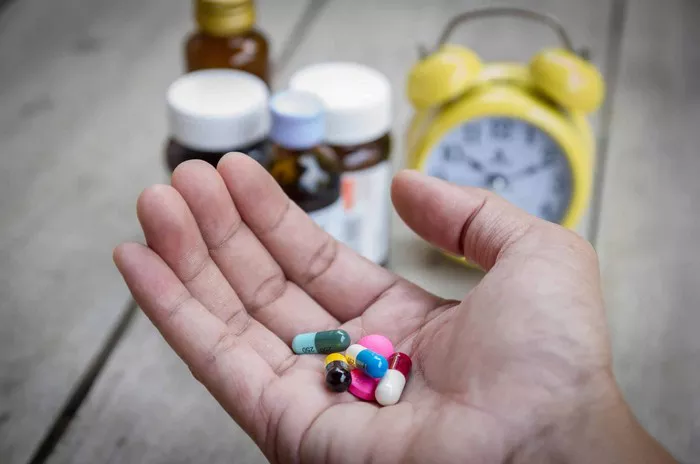Scientists at MIT and Johns Hopkins University have developed a groundbreaking nanotechnology approach to prevent life-threatening anaphylactic reactions to essential medications. Published in Nature Nanotechnology, their research introduces biodegradable nanoparticles that act as “IgE sponges,” selectively neutralizing allergy antibodies before they can trigger catastrophic immune responses. This innovation could revolutionize treatment for patients who must take high-risk medications like chemotherapy agents, insulin, or perioperative drugs.
The peanut-sized nanoparticles are coated with FcεRIα, the receptor that normally binds IgE antibodies on mast cells. When injected subcutaneously 24 hours before drug administration, these nanoparticles capture free-floating IgE molecules, preventing them from activating mast cells and basophils. In animal models of penicillin anaphylaxis, pretreatment with the nanoparticles reduced symptom severity by 89% compared to controls. Unlike traditional premedication with antihistamines and steroids, which merely dampen symptoms, this approach addresses the root cause by intercepting the allergic cascade.
What makes this therapy particularly innovative is its transient nature. The nanoparticles degrade within 72 hours, allowing the immune system to reset rather than causing long-term immunosuppression. This temporary effect is ideal for patients requiring intermittent high-risk medications, such as monthly chemotherapy infusions or occasional contrast dye for imaging studies. Early human safety trials in 30 healthy volunteers showed no significant adverse effects, with only mild injection site reactions reported. Phase II trials are now underway in cancer patients with documented platinum-based chemotherapy allergies.
The potential applications extend beyond drug allergies. The researchers are exploring modified versions of the technology for food allergies and asthma. However, experts caution that the therapy isn’t a cure—it doesn’t eliminate the underlying allergy but provides temporary protection. Cost may also be a barrier, as biologic therapies typically carry high price tags. Still, for patients with life-threatening conditions who have exhausted other options, this nanotherapy could mean the difference between receiving optimal treatment or facing dangerous alternatives.
You Might Be Interested In:
- Urgent Warning: Blood Pressure Pills May Have Wrong Labels—Patients Told to Check Now
- Scientists Identify Critical Enzyme That Could Slow Immune Aging in Women
- Scientists Discover New Cancer Detection Method: Watching How Cells Move Could Save Lives

